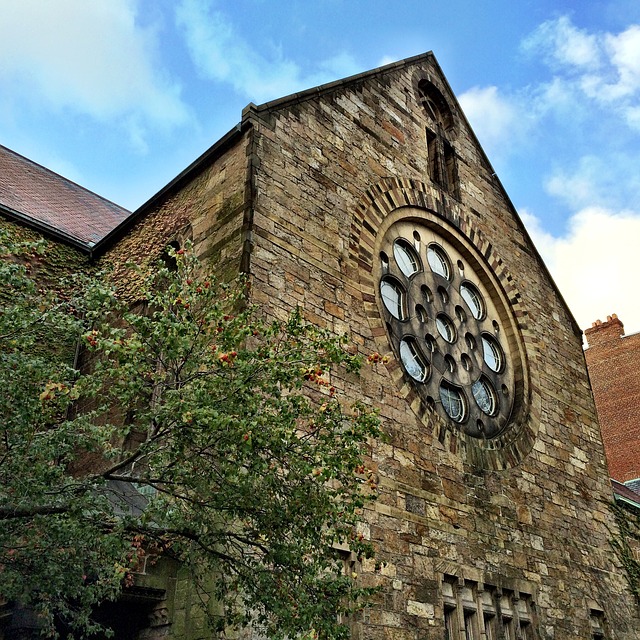12 May Ralph Waldo Emerson & Prayer
 Ralph Waldo Emerson is one of those authors we all read in school. “Trust thyself: every heart vibrates to that iron string” is an exhortation that every student recognizes the verity of when read for the first time. What many of us don’t know is that Emerson was more than just a writer and leader of the American transcendental movement. He also was an ordained Unitarian minister who once served as chaplain to the Massachusetts legislature.
Ralph Waldo Emerson is one of those authors we all read in school. “Trust thyself: every heart vibrates to that iron string” is an exhortation that every student recognizes the verity of when read for the first time. What many of us don’t know is that Emerson was more than just a writer and leader of the American transcendental movement. He also was an ordained Unitarian minister who once served as chaplain to the Massachusetts legislature.
Emerson ultimately had a falling out with the church, writing, “I have sometimes thought that, in order to be a good minister, it was necessary to leave the ministry. The profession is antiquated. In an altered age, we worship in the dead forms of our forefathers.” Emerson was thus among the early figures of progressive Christianity in America, along with contemporaries such a Unitarian reformist Theodore Parker and poet Walt Whitman.
Emerson wrote on many topics, including prayer. The following piece provides a good summary of Emerson’s thoughts on prayer and is taken from his 1st series of published essays.
Ralph Waldo Emerson – Thoughts on Prayer
“In what prayers do men allow themselves! That which they call a holy office is not so much as brave and manly. Prayer looks abroad and asks for some foreign addition to come through some foreign virtue, and loses itself in endless mazes of natural and supernatural, and mediatorial and miraculous. Prayer that craves a particular commodity, anything less than all good, is vicious. Prayer is the contemplation of the facts of life from the highest point of view. It is the soliloquy of a beholding and jubilant soul. It is the spirit of God pronouncing his works good.
But prayer as a means to effect a private end is meanness and theft. It supposes dualism and not unity in nature and consciousness. As soon as the man is at one with God, he will not beg. He will then see prayer in all action. The prayer of the farmer kneeling in his field to weed it, the prayer of the rower kneeling with the stroke of his oar, are true prayers heard throughout nature, though for cheap ends.
Another sort of false prayers are our regrets. Discontent is the want of self-reliance: it is infirmity of will. Regret calamities if you can thereby help the sufferer; if not, attend your own work and already the evil begins to be repaired. Our sympathy is just as base. We come to them who weep foolishly and sit down and cry for company, instead of imparting to them truth and health in rough electric shocks, putting them once more in communication with their own reason.
The secret of fortune is joy in our hands. Welcome evermore to gods and men is the self-helping man. For him all doors are flung wide; him all tongues greet, all honors crown, all eyes follow with desire. Our love goes out to him and embraces him because he did not need it. We solicitously and apologetically caress and celebrate him because he held on his way and scorned our disapprobation. The gods love him because men hated him. “To the persevering mortal,” said Zoroaster, “the blessed Immortals are swift.”
Considering Ralph Waldo Emerson’s philosophy regarding prayer (and false prayers), it is not surprising that he thought so highly of the Lord’s Prayer, for the Lord’s Prayer is not a “means to effect a private end,” nor does it suppose a dualism but rather a “unity in nature and consciousness” as Emerson describes.
To read a transcendental interpretation of the Lord’s Prayer that was influenced by the works of Ralph Waldo Emerson (and many other reformers), please go to: The Lord’s Prayer Explained Line by Line.
To learn more about Emerson’s contemporary Theodore Parker, please go to: Long Arc of Justice.
